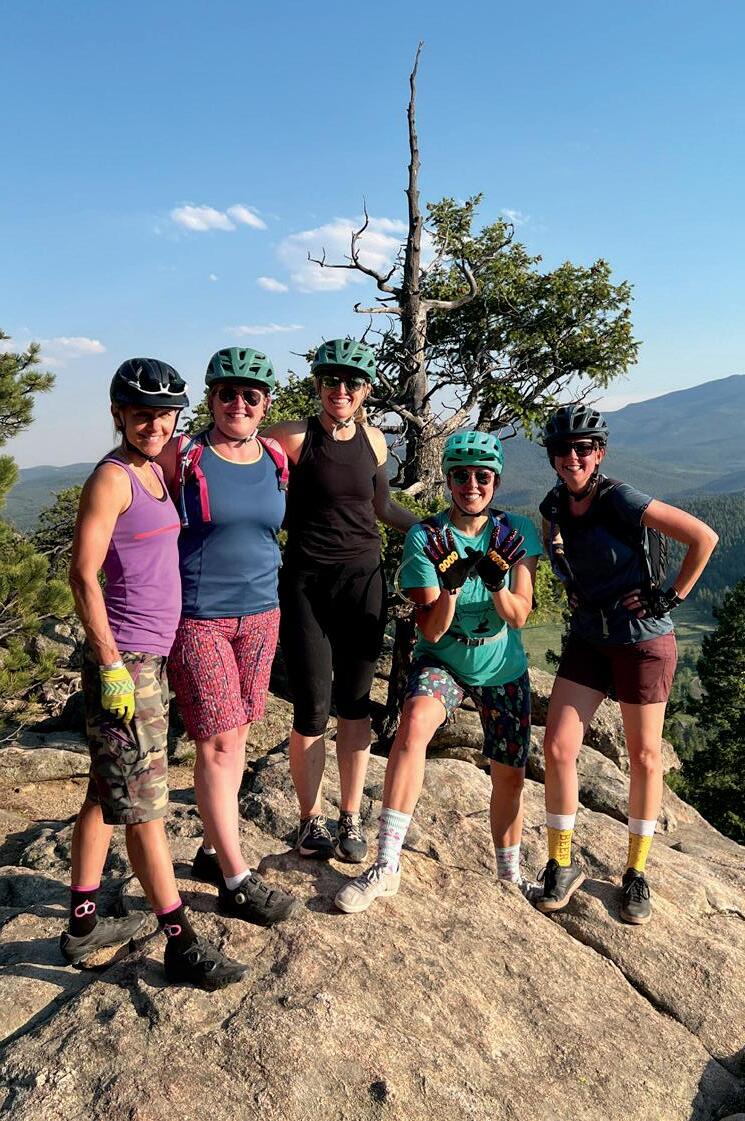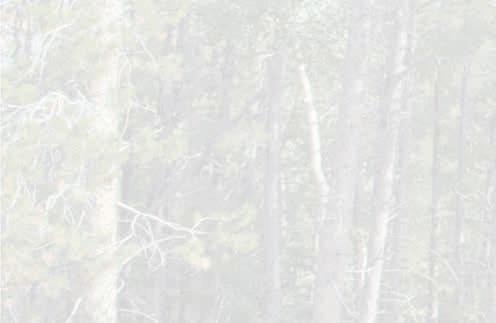
2 minute read
Call Us For Your Leaking Chimney
Are you seeing water stains on your ceiling or hearing suspicious dripping? Don’t call a roofer- your chimney may very well be the culprit. ere are many parts to a chimney system that are designed to keep water out, but can fail over time. O en, the location of apparent water damage does not reveal the actual location of the source of the leak- so it is time to call a pro!
Our leaky chimney inspection evaluates your entire chimney or chase. Our technicians are certi ed by the Chimney Safety Institute of America to accurately determine where the water is coming in, and how to stop it. ey have the experience and expertise to take on your leaky chimney problems and any other replace or chimney needs you have. We also have industry speci c techniques, such as special ashing for sealing the uneven edge where your chimney meets the roo ine. Put our 25 years of chimney experience in the foothills to work for you and your investment in your home.
Most people are unfamiliar with the parts of a chimney system that can allow water in. e weak points of a chimney vary depending on whether it’s a masonry or factory-built chimney. Parts of your chimney will degrade with time, UV rays from sunlight, hail damage, and the repeated freezing and thawing of a Colorado spring. ere are usually several suspected weak points when there are signs of
• water intrusion.
First, regardless of the construction of your chimney, a proper chimney cap is your rst line of defense against a leaky chimney. If you look up at your chimney and there isn’t a cap, call us right away! e structure around your ue may be tight but if you’re missing your cap or you have a damaged or improperly sized cap, it allows water straight into the home. Water intrusion from a missing cap can lead to problems in both masonry and factory built chimneys, with repercussions that a ect not just your replace and chimney system but other parts of your home as well. If you have a masonry chimney you may believe that it will last forever, but that is simply not true. Masonry chimneys are susceptible to degradation just like any other material. is degradation happens faster than most people expect with the unpredictable winter and spring weather in Colorado. We see damage to masonry chimneys from rain and hail; however, the freeze/thaw cycle is most destructive, that is why it’s so important to keep water owing o and away from your chimney.
Masonry chimneys are made of ue tiles which are supported by cinder blocks and stone or bricks. ey also have a concrete crown at the top. e concrete crown is designed to be the “lid” to your masonry chimney, it keeps water out and sheds the





